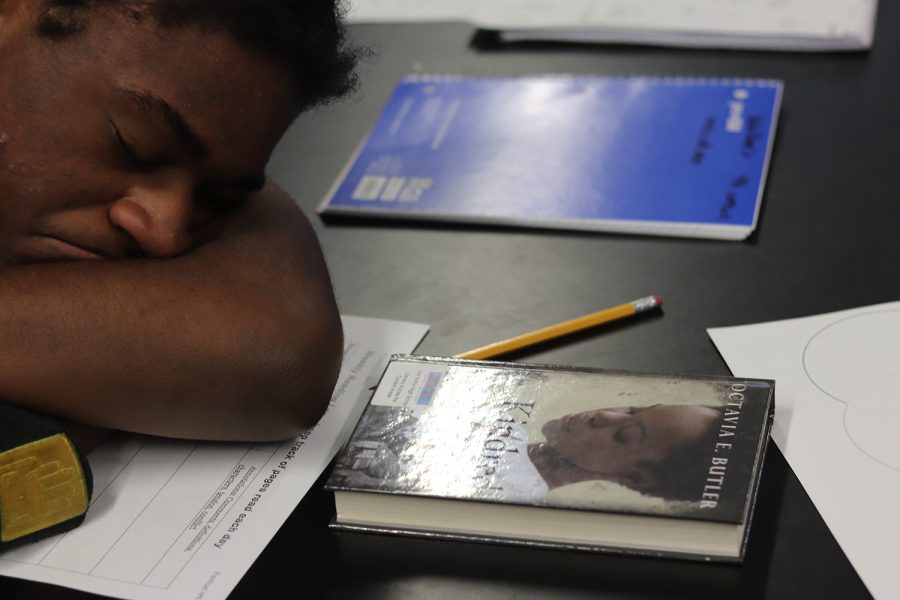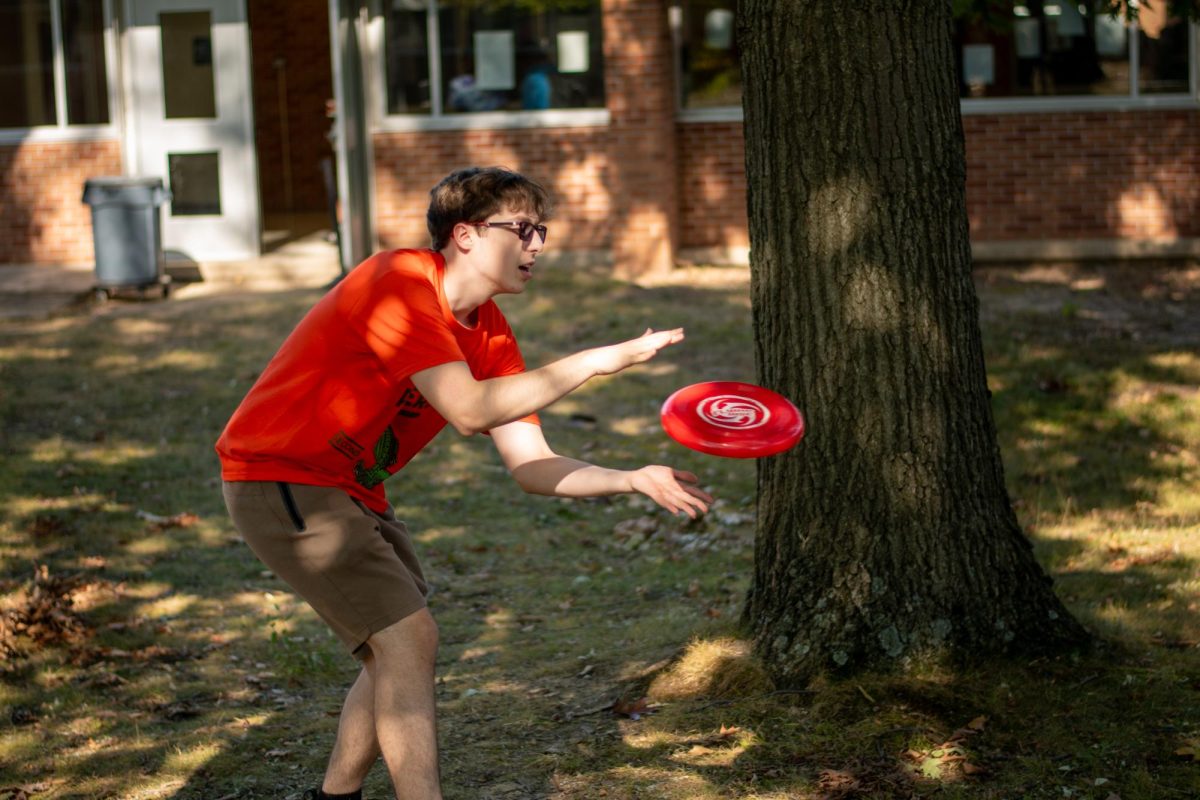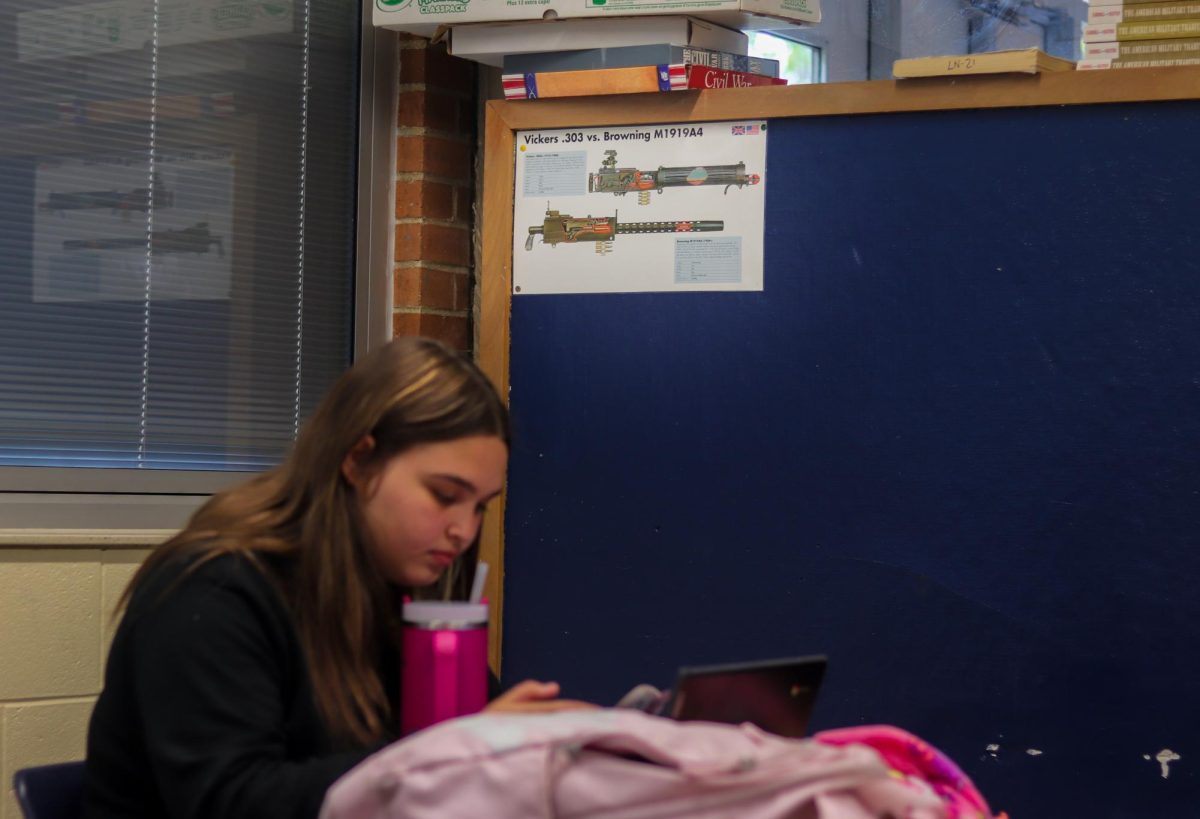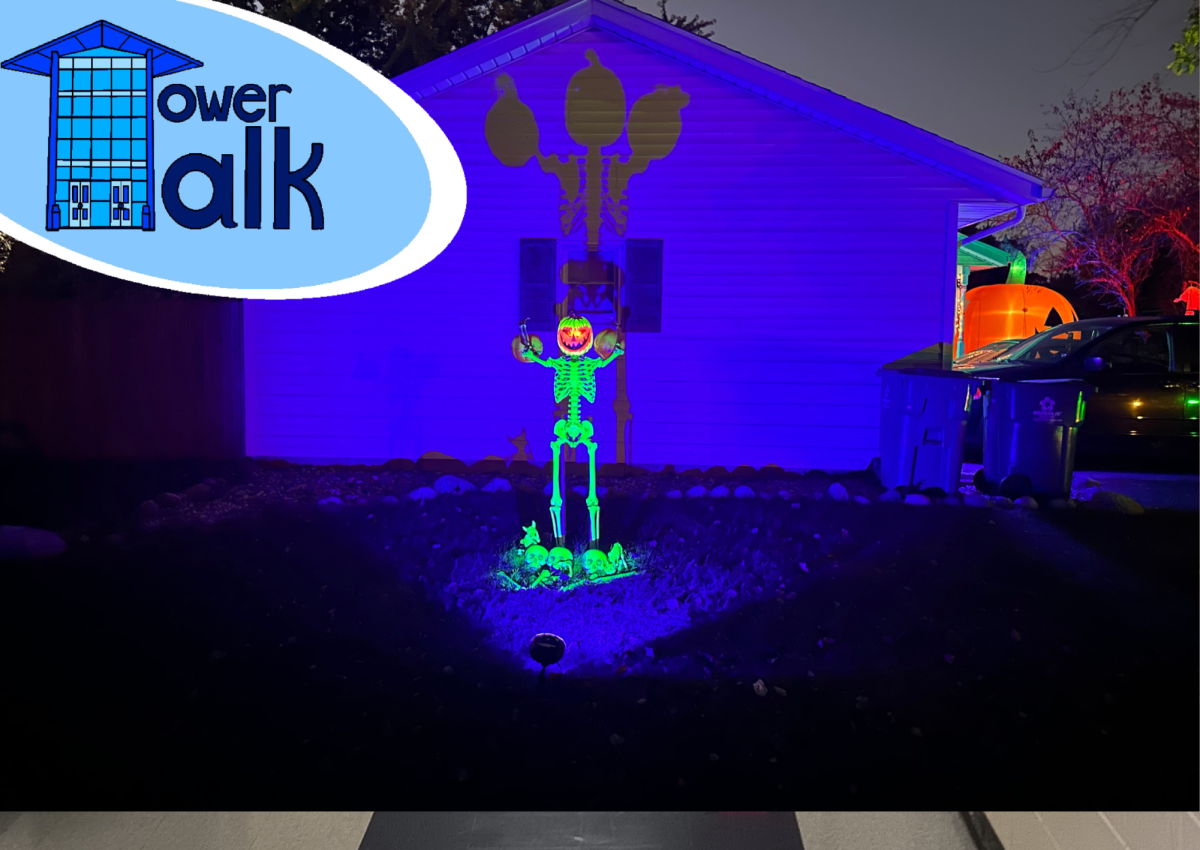School should start at a later time because students aren’t getting enough sleep
Credit: Erykah Jones
Sophomore Nakia Palmer, sleeps in his class while the rest of his class reads the book that is yet to be opened by him. When he wakes up he will have to catch up on the work he missed.
January 12, 2023
The classroom is perfect, it’s nice and warm on this cold winter day. It’s quiet in the classroom besides hearing the smooth jazz the teacher put on, you’ve barely got any sleep last night trying to catch up on work. You get your work out, but you slowly start to drift asleep.
Lack of sleep is a big concern for students, parents, and teachers. According to the Centers for Disease Control and Prevention, children and teenagers aren’t getting enough sleep.
Students at Loy Norrix are sleeping in class on a day-to-day basis because of the lack of sleep they get at night. Their poor sleeping schedules affect them both emotionally and mentally.
When sophomore Jordan Pritchett gets home after a long day of school, they like to take a nap after they settle in after school. Napping, however, means that they won’t have enough time to finish their schoolwork.
They feel stressed because they only have five to seven hours of sleep, and they wake up late because of it.
“I wake up slightly later than school starts so it affects my sleep schedule,” said Pritchett. After school and on top of work they get at least 5 hours of sleep, Pritchett often arrives at school late because they feel the need to sleep in so that they have energy to get up and going.
Sophomore Ke’yosa Blackwell also gets excessively tired after catching up on schoolwork and just thinks it’s too much work to do. Blackwell gets affected mentally because, like other teens, she doesn’t like waking up early, but she also doesn’t have enough time to sleep in and come to school without being drained.
For students like sophomore Gracie Harris, who are more energized during the evening rather than in the morning, having a later start to school would benefit their mental and emotional health.
Learning Liftoff’s article“Later School Start Times May Improve Academic Performance” states that “later high school start times could potentially influence more than the sleep quality of students; it may result in higher attendance, better performance, and, in turn, better grades and higher graduation rates.”
Blackwell states going to school at 10 a.m. would give her more time to eat breakfast and take her time
Pritchett agrees with having a later start time, but would prefer night school as an option at Norrix.
Although a later start time would help students get more sleep, it would restrict students who have jobs and other commitments after school.
“In the evening, I would have less time to do stuff after school because we would probably get out later,” Harris said.
Despite time restrictions, students with jobs would still benefit from later start times.
“I think I would be able to sleep more, especially with my job, and I probably wouldn’t be as stressed out because in the morning is the worst time to be in my household,” Pritchett said.
Pritchett also feels that optional weekends would benefit students. Students would choose these weekends when they’re not busy to make up work for certain classes. This would solve problems with balancing work and school for the students who have jobs, so they can get more sleep, and get more done during school.
Students have a lot of things happening in their lives in school, and out of school. These are only some of the reasons why students are sleeping in class, and some suggestions on how to fix the problem.











